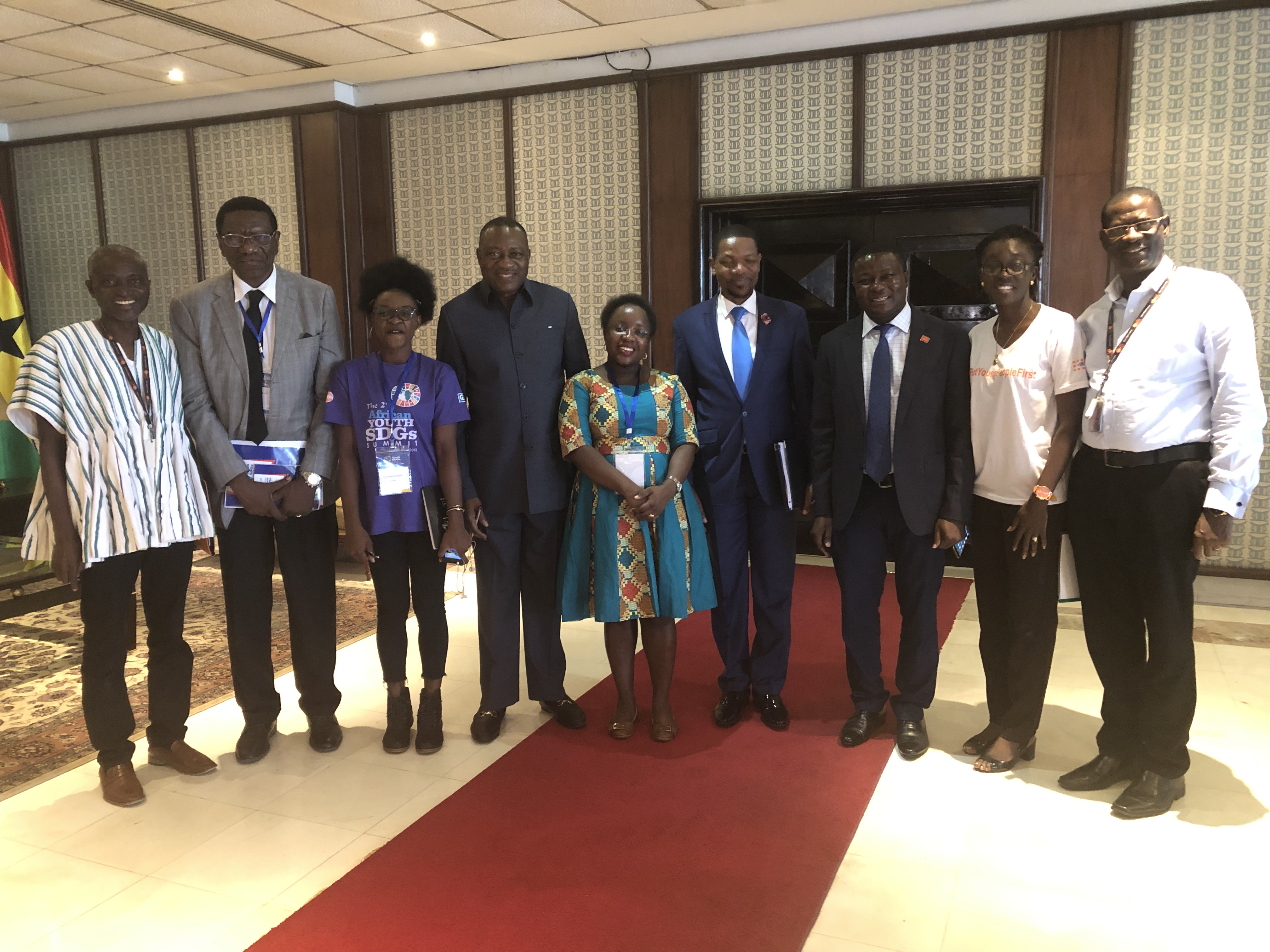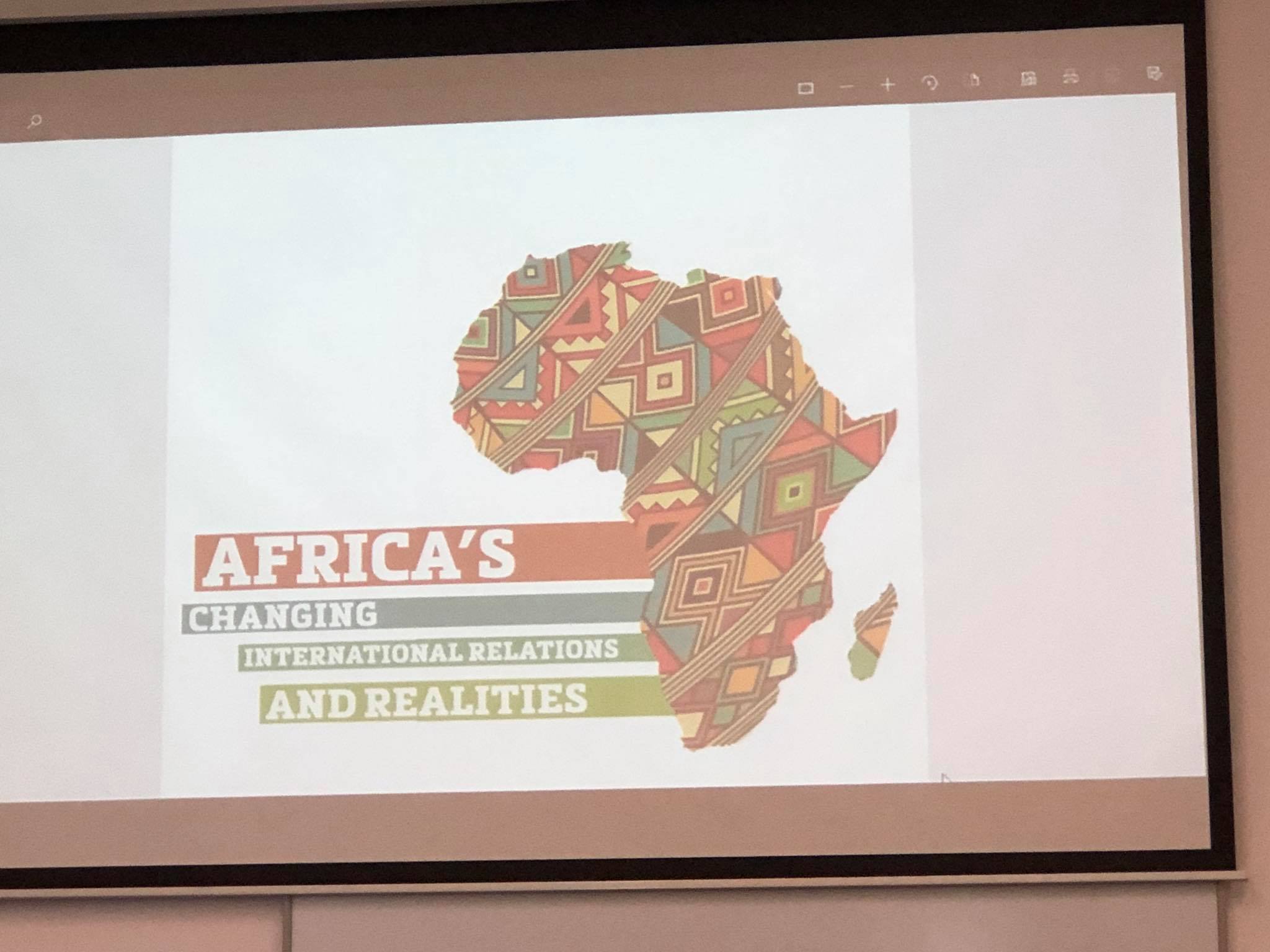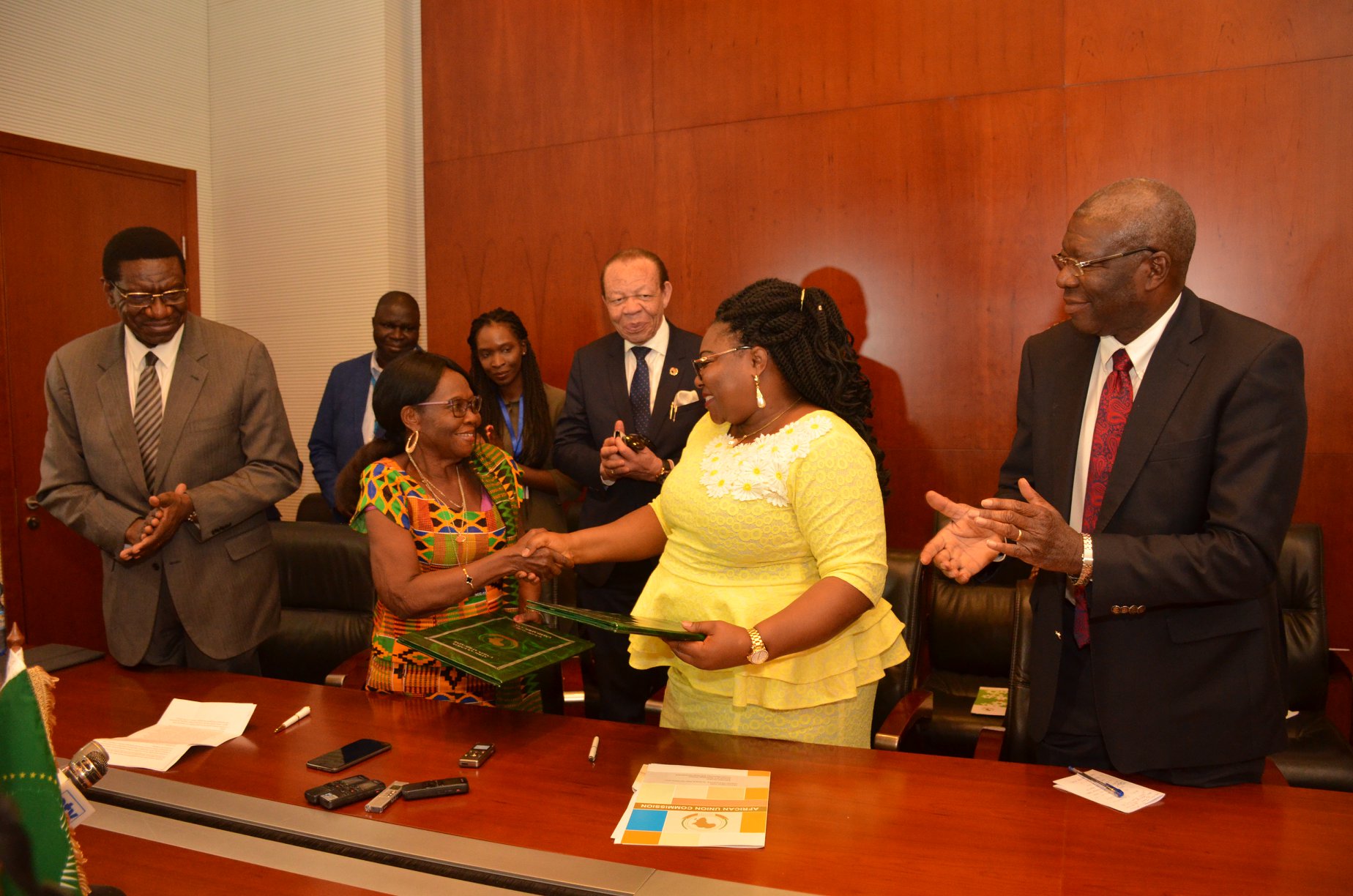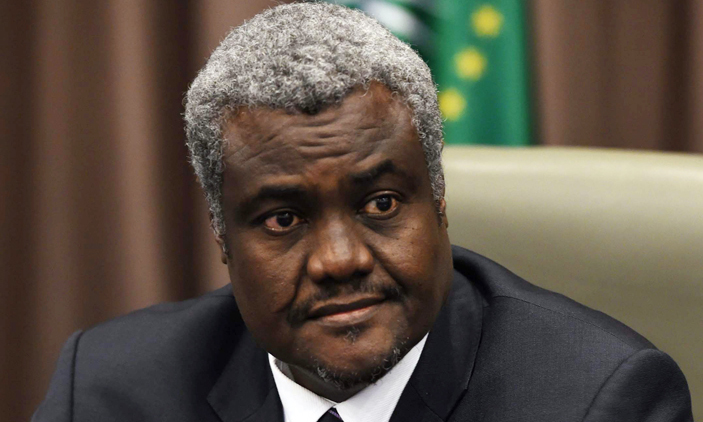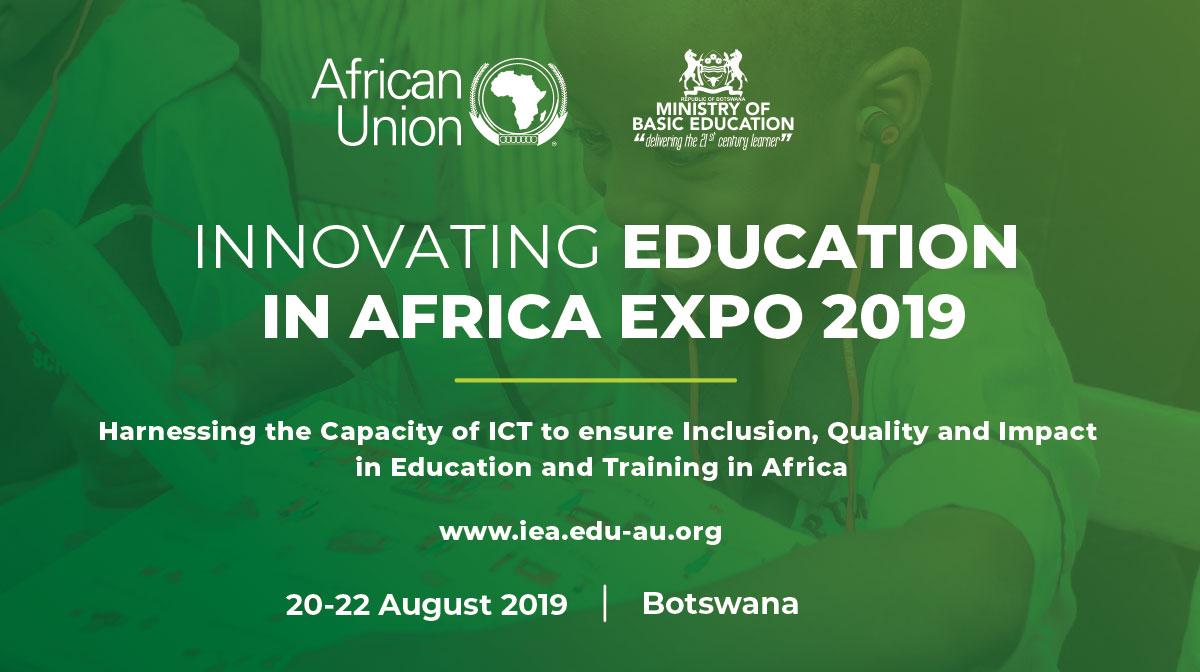As we bid farewell to 2018, I send, on behalf of CAFOR and my behalf, warm greetings for this Holiday Season with best wishes for the New Year to all CAFOR members, colleagues at the CAFOR Secretariat, and our cooperating partners and stakeholders.
CAFOR effectively started on January 1, 2018, and the year has been very eventful with CAFOR participating in many major world events in Africa and abroad. In January 2018 soon after its inception, CAFOR participated in the AU/ CIEFFA High-Level Dialogue on “Enhancing policies and practices to promote STEM held on 24th January 2018 on the margins of the African Union Heads of State Summit in Addis Ababa. This high-level dialogue focused on Technical and Vocational Education and Training for African women and girls. H.E. Mr. Jakaya Kikwete, former President of Tanzania, delivered the keynote address. Also on 27th January 2018, CAFOR participated in the First High-Level Dialogue on Financing Education in African with the theme: “Financing Africa’s future: Unlocking Development potentials through education. This High-level dialogue was co-organized by the African Union Commission’s Human Resources, Science and Technology (HRST) Department, the Global Partnership for Education (GPE) and ONE Campaign (Africa). H.E. President Macky Sall of Senegal chaired the conference.
CAFOR was invited to participate and had representation in the World Literacy Summit held from 25th – 27th March 2018 at Sheldonian, Oxford University in the United Kingdom. One highlight of the summit was the exposure to the many and varied literacy activities in a wide variety of settings around the world. CAFOR’s representative spent time with professionals that included young people from all over the world who brought together the enthusiasm and commitment to make a positive impact on the world through literacy.

In March, CAFOR worked intensely with UNESCO’s International Institute for Capacity Building (IICBA) in Addis Ababa on 1. The Peacebuilding for African Youths Project through teacher development in the Horn of Africa and the Sahel, and 2. Support for the development of a new Strategic Plan for UNESCO-IICBA. Also from 27-29 March 2018, CAFOR participated in the UN Human Rights Office’s Regional Consultation on the Practical Implementation of the Right to Development: Identifying and promoting good practices – held at the United Nations Economic Commission for Africa (UNECA) in Addis Ababa.
In April, CAFOR participated at the Pan-African High-level Conference on Education (PACE, 2018) held in Nairobi, Kenya and organized by UNESCO Headquarters in Paris in collaboration with the UNESCO Regional Office for Eastern and Southern Africa. The conference called for the building of a conducive environment for education transformation in Africa with utmost consideration for African ownership of CESA 16-25 and SDG4-Education 2030 at continental, regional and national levels. Also, given the broader development ambitions, the conference also called for more integrated approaches to education policies and strategies in a “life-long” perspectives, and promote a truly “system-wide articulation and inter-sectoral collaboration.”
In May, CAFOR was a special guest at the Fifth Pecs African Studies Conference at the University of Pecs in Hungary from 24-26 May 2018. I delivered the keynote lecture for the conference whose theme was “Africa’s Changing International Relations and Realities.” The topic of my lecture was “Creating and Enhancing Capacity in Africa for Efficient Economic and Social Development.”
In June, the European Academy for Taxes, Economics and Law invited me to attend and chair the Global Energy and Infrastructure Conference held in Berlin, Germany from 27-29 June 2018. Apart from heading the conference, my two presentations focused on education and youth skills development for the energy sector in Africa. Also on 22 June 2018, I participated in the launch of the African Development Dynamics Report and SHaSa II organized by the African Union Commission Economic Affairs Department in Addis Ababa.
In July, the University Of Maryland School Of Public Policy Summer Course tasked me to review the course and its relevance for African students. Time constraints did not allow me to participate in this activity. I look forward to having CAFOR work closely with this entity in the New Year.
On 20th August 2018 CAFOR participated in the Conference on the UNICEF-AU Engagement Strategy 2019 – 2021. The UNICEF Liaison Office in Addis Ababa organized this conference with the UNICEF Regional Director for Eastern and Southern Africa as well as some senior UNICEF staff from UNICEF Headquarters in New York attending. CAFOR has opted to support the implementation of the strategy with the African Union Commission. Following this conference, I visited some of the participants who attended the meeting at UNICEF Headquarters in New York in September 2018 and held extensive discussions on Adolescent and Youth programmes for Africa. CAFOR will follow up on these activities during 2019.
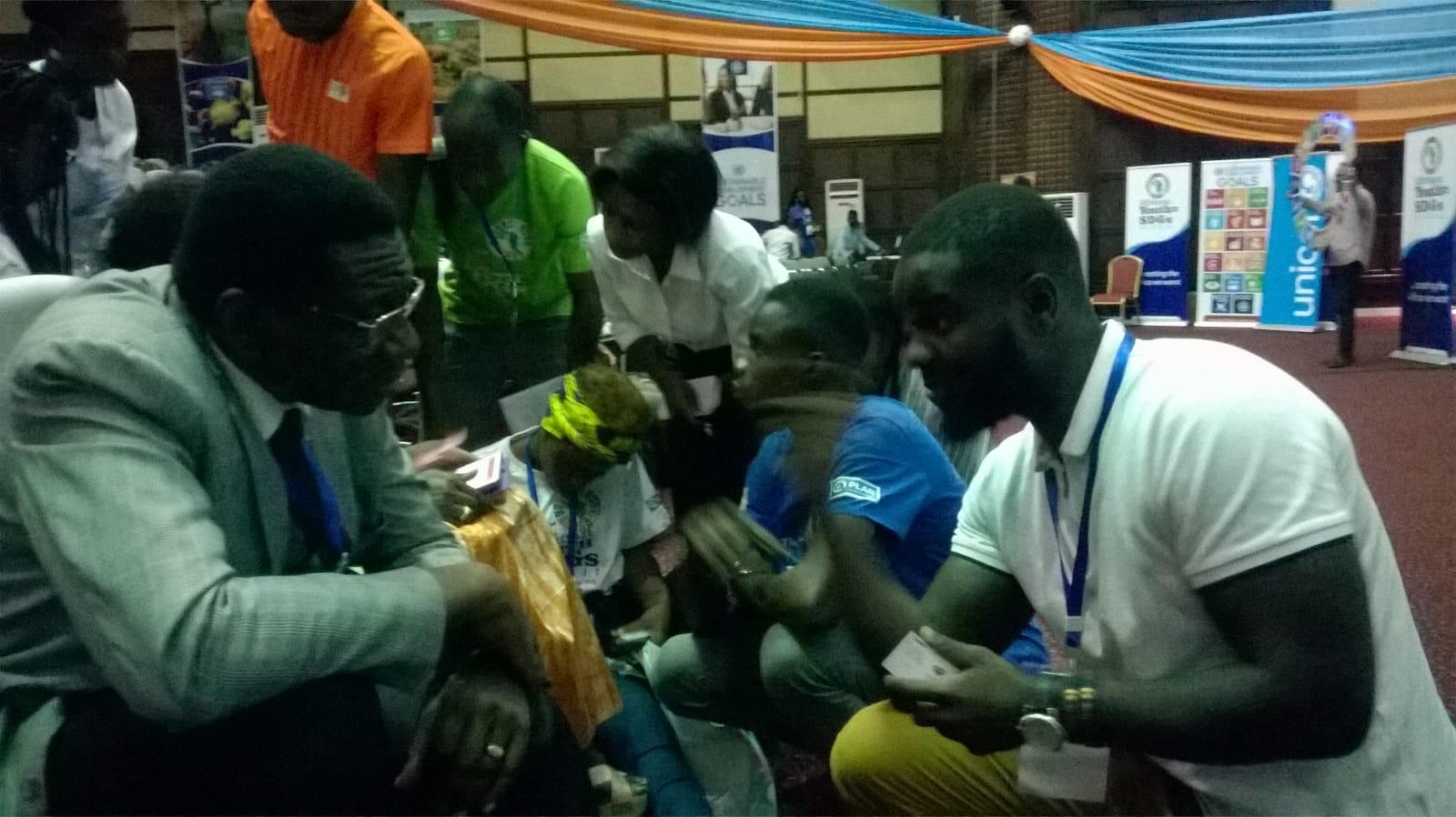
From 8 – 10 October 2018, I participated in the State of Education Conference organized by the Africa-America Institute in Abidjan, Cote D’Ivoire. The theme of the conference was “Shifting Paradigms: Building Future capacities and New Narratives through African Education.” The President of Cote D’Ivoire, H.E. Dr. Alassane Ouattara delivered the keynote address. I moderated the session on “Transforming Higher Education in Africa” and was a panelist” in the session on Global Connections: Media and Narratives.” The networking at this conference was excellent, and CAFOR will be participating in 2019 in many activities with the African diaspora that will include a Yale University project that would involve selected brilliant African Secondary School students participating in short courses at Yale University.
From 7 – 9 November 2018, the Second African Youths SDG Summit was held in Accra, Ghana. I was one of 8 patrons of the summit. This summit was a significant highlight of the year for CAFOR with more than 1,200 youths from 44 countries participating in the conference. CAFOR would like to commend the leadership of Youth Advocates Ghana for organizing this summit and for making it one of the most successful youth conferences on the African continent. CAFOR will ensure that it works and coordinate initiatives with the African Union and other partners and entities on the continent to ensure that programming in advocacy and partnership mobilization for youths aligns well with the vision that young people in Africa have for their future as they well-articulated those aspirations in this conference. We must understand their real needs and what they have always longed for in Africa. We must be in an excellent position to be also able to tap into their energy and dynamism.
CAFOR participated in the AUC-HRST– African Scientific Research and Innovation Council (ASRIC) Congress from 27-29 November in Abuja, Nigeria. This conference brought together leading scientists and science researchers from all the regions of the African continent. The Congress reviewed the statute of ASRIC and elected its first bureau. CAFOR joins the Communication Cluster of ASRIC that would be advocating for more scientific research and development in Africa. The Conference concluded that Africa needs a stronger and more dynamic, inclusive and sustainable research enterprise, especially in science and technology, to mobilize different segments of the economy to achieve the long-term aspirations of the continent.
In December, CAFOR participated in three workshops at the African Union Headquarters in Addis Ababa, organized by the Education Division of the HRST Department. They are the 1. the launch of the CESA Curriculum Cluster where the issues confronting education quality, relevance and responsiveness, as a necessary part of ensuring that Education contributes to the achievement of Agenda 2063 are adequately addressed. CAFOR will now serve as a member of this CESA 16-25 Curriculum Cluster. 2. CAFOR also participated in the meeting of CESA thematic cluster leaders, and 3. the technical consultation workshop to set up the Pan-African Quality and Accreditation Agency. This agency will now advance African standards and guidelines for quality assurance and its domestication at national and regional levels once it becomes functional.

CAFOR only came into being in January 2018, and 2018 has been a very eventful, productive and successful year for the new organization. We take this opportunity to extend our most sincere gratitude to all of you members, partners, associates and stakeholders who contributed to making this year such a great success for CAFOR with many achievements recorded.
The coming year will even be more ambitious as CAFOR enters into a new agreement with the African Union Commission with the implementation of most activities linked to the Commission’s agenda and priorities. CAFOR looks forward to the continued support of its partners and stakeholders as we continue to make a move to higher levels in our journey towards the Africa we all want.
Wishing you all the very best for this holiday season and the New Year 2019.


